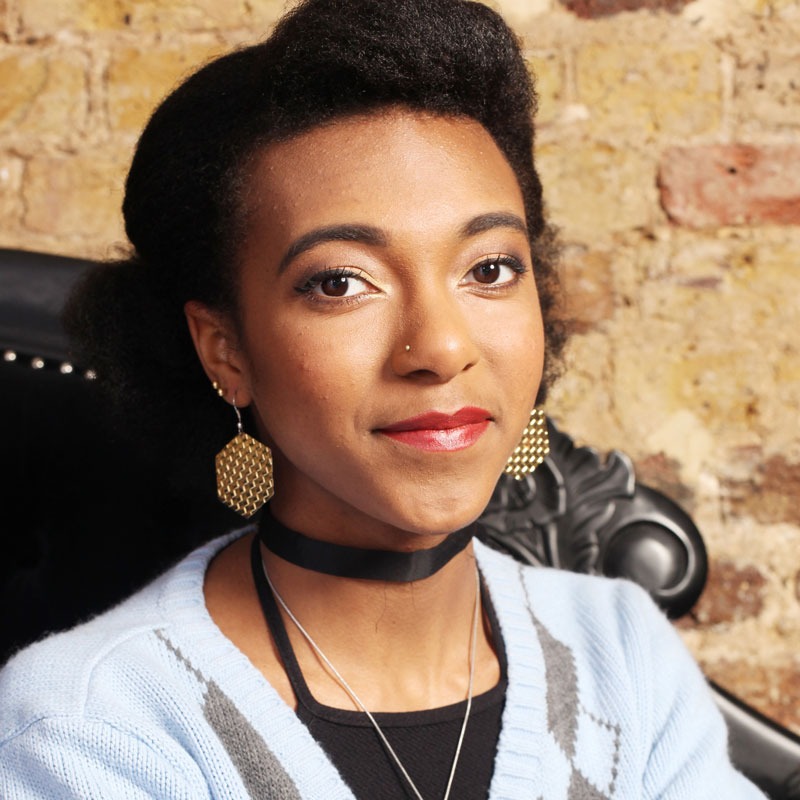How to apply and entry requirements
The first step in the application process involves submitting an eligibility form.
Applicants are required to have:
- Maths and English GCSE Grade C or level 5 or above, or
- Functional Skills, Key Skills or Skills for Life Certificates in Number and Communication at Level 2.
The above applies mainly to school leavers. For applicants with previous studies in higher education including certificate or degrees, these would be considered in lieu of the GCSE and Level 2 requirements.
Applicants who are eligible to apply are then invited to attend a series of applicants events which guides on the development of the applicant portfolio.
Portfolio submissions are due by mid-October and interviews take place that same week.
Those offered a place will join the course which runs from November until July.
Being online, this course allows students to remain in their current employment (usually unrelated to a creative field). For the RIBA Foundation, students do not have to be British citizens and they do not need to be based in the UK and can be of any nationality and be based in any country in the world. The same course fees apply to all students.
(Note that in the next stage of study on the RIBA Certificate (Part 1), students do not need to be British citizens but must be working in a practice within the UK / European Economic Area / Channel Islands / Isle of Man / Switzerland.)
We encourage applicants to include a range of work in their portfolio including examples of relevant, creative work. A portfolio guide will be shared with eligible applicants to help assemble the portfolio. The following are examples of elements to consider including:
- sketches, models, drawings on any topic
- photography
- collages
- music
- videos
- art in any medium
- illustrated literature
- favourite keepsakes and the story behind them.
Applicants who are in career transition are encouraged to include aspects of current career work envisioned from the perspective of the skills and experience relevant to architecture.
Applications are now closed
Applications for 2025 entry will open April 2025.
Applicants are encouraged to submit their Stage 1 Eligibility Form as soon as possible. Once these are received, eligible applicants will be notified and invited to application events.


